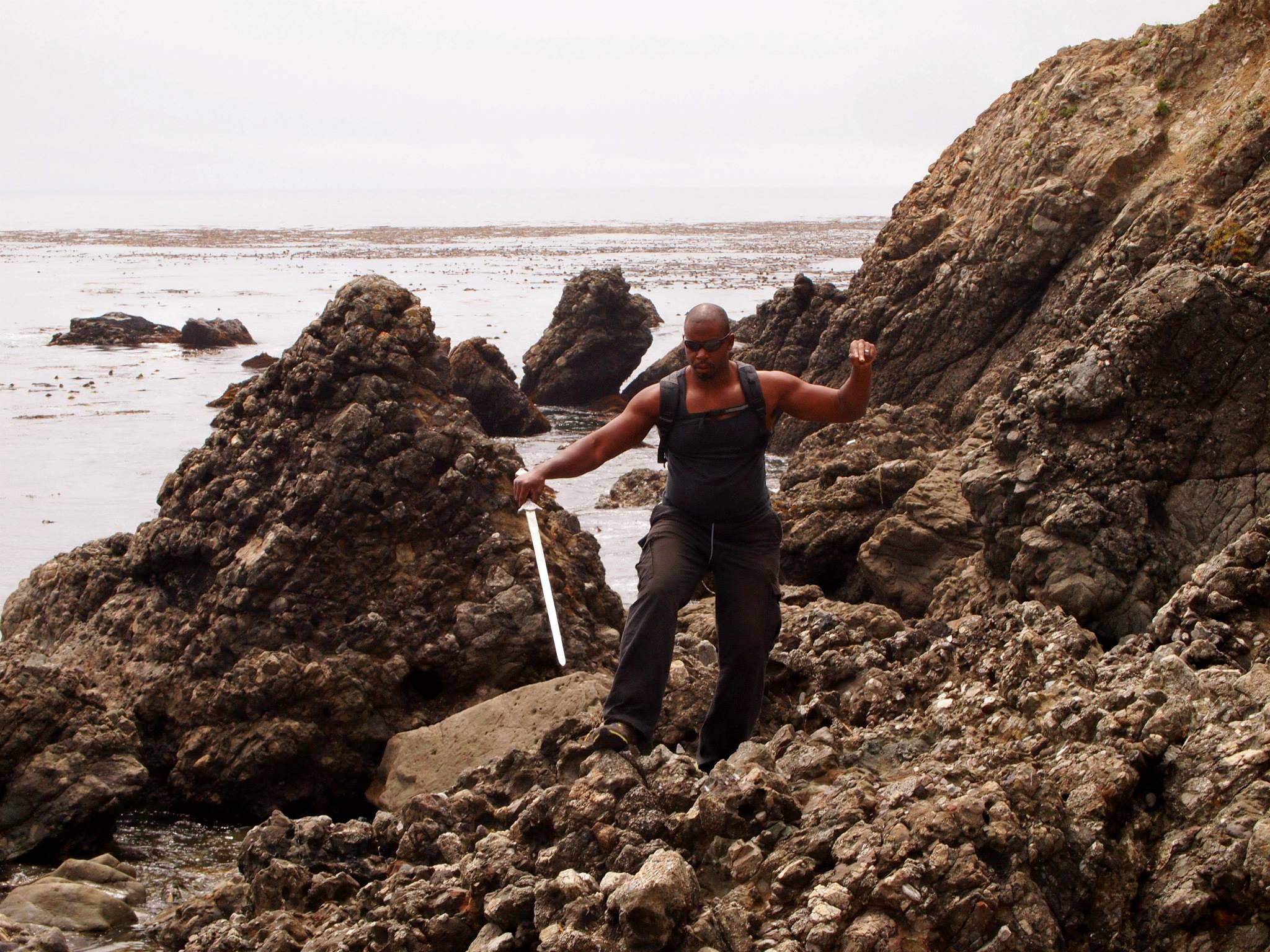If You Want to Ask Appropriate Questions: Go Do the Form Properly Under the Scrutiny of the Scientific Method
There are no stupid questions; however, there are completely misinformed practitioners that have been taught properly however negate to practice what they have been taught. One of two things have a tendency to come up from the misinformed that should know better: they either come up with completely irrelevant questions, or they continue to venture with their misunderstandings and produce a completely off product. What has a propensity to get in the way of positive progress is hubris. Hubris is associated with hyperbolic egotism or sureness. Hubris often designates a deficit in commerce with actuality and an overestimation of one’s own skill and aptitude, actions, or competences. There is a necessity in the practice of Tai Chi Chuan to objectively observe oneâs self and oneâs environment so that they are able to properly question the nature of happenings. Proper questions accompanied with rational introspection and objective observations are critical in proper practice and study of Tai Chi Chuan in hopes of leading to suitable suppositions that when are adequately tested will lead to well developed, and sound, models and principles. Here is a tip on asking proper questions: make sure to have an accurate observation first, suggest a tangible reasoning, test that reasoning and then challenge the outcome; after which ask your question(s) based on your findings, and also with your questions bring rational possible answers. Now to do this well you must first accurately understand of what it is you are questioning. So base your questions from reasonable and sensible observations. Use your form practice like a laboratory and apply the Scientific Method to your approach in your study of the martial arts. Form ideas and questions; not so that you are always proven right, more so, so that you grow sound skills and clean developed accounts in which to continue your study. Properly do your form and formulate ideas and questions not for the fame or skill; do it for the research and knowledge, so that later you will be able to give accurate accounts and hopefully add substantially to the knowledge base of awareness and understanding.
So, first be the objective observer. Be able to note without skewed vision what is actually happening and going on with the environment of which you are a part. Use all of your senses to develop an accurate account of what is going on around you. Clearly and cleanly witness what is happening and what has happened. Attend mindfully and without bias. Absorb fully what is to be accounted. Do not allow your hubris to taint the material and maters of your observations. In being an objective observer you will be able to study unsoiled data. After you have apposite records, note them and ask questions. Ask the What, Why, and How of the situation(s) you witnessed. Inquire about what it is, why it is and how it was developed, and how it effects of what it is a part. Do your research, do your form. Really dig into the background of what it is you wish to understand. Note the current and past conceptions of what it is you have noted. Research, do your form, and then research more, objectively so that you become familiar with all of the relevant and unbiased data gathered. After this is done then you are ready to construct a hypothesis.
A hypothesis is a tentative postulation prepared in order to extract and test its coherent or pragmatic significances. Suppositions of ideas of what might, could, should, or not happen given the relevant and impartial data gathered. Generating sound hypothesizes is a great way to begin to study what one has observed. Actually studying involves testing hypothesizes in differing environments and situations. Majorly what is necessary is a control setting so that there will be a standard of which against a measurement can be taken. That control is the form done properly, cleanly following the instruction given and taught by your instructor without deviation.
After proper testing has taken place, examine your information and develop a deduction. Post your deductions; properly communicate your results to your peers. Tell the people around you what you believe you have found and what questions you may have because of the study you did. This is going to allow for outside feedback from the community. Being able to allow your information to be scrutinized and picked apart is critical. Are you able to take criticism and judgment; are you able to rebut without insulting or being insulted? Are you able to see your validity and faults without wavering emotion? Are you able to observe and start the process over again to either refine or move forward in your research and development without hesitation or haste?
So, unfolding the metaphor of this post; be able to critically study yourself and the situations of which you are a part. In the practice of doing the solo form of whatever Tai Chi Chuan system you do, or whatever you do by yourself, make sure to have the purpose of learning how to study and develop the skill and capability to honestly and analytically study yourself without shame, without embarrassment and without hubris so that you can gain the skill of objectively interacting with your environment.
For more information Winstonâs his martial arts academy please visit Internal Magnification.
Winston Price, Executive Producer, has over a decade and a half of marketing, advertising and public relations experience. He began his business career in 1995 and is a graduate of Indiana University Bloomington. Winston also is a master martial artist and personal trainer with over 2 decades of knowledge and experience. Winston runs his own school, Internal Magnification Martial Arts, where he focuses on helping people reach their personal goals of health and fitness via At-Home personal training with martial foci of Taekwondo, Tai Chi Châuan, Hapkido and Ba Gua Zhang. As an executive producer for VoiceAmerica, Winston utilizes his skills in business and personal training to help new and existing hosts maximize their opportunity with the VoiceAmerica Talk Radio Network by supporting his hosts with the business and personal aspects of creating and developing their show. Winston believes that each host brings their own flavor to the Network. By properly coaching and motivating his hosts, they are able to produce THEIR show with THEIR style and THEIR passion being at the forefront of every broadcast.





